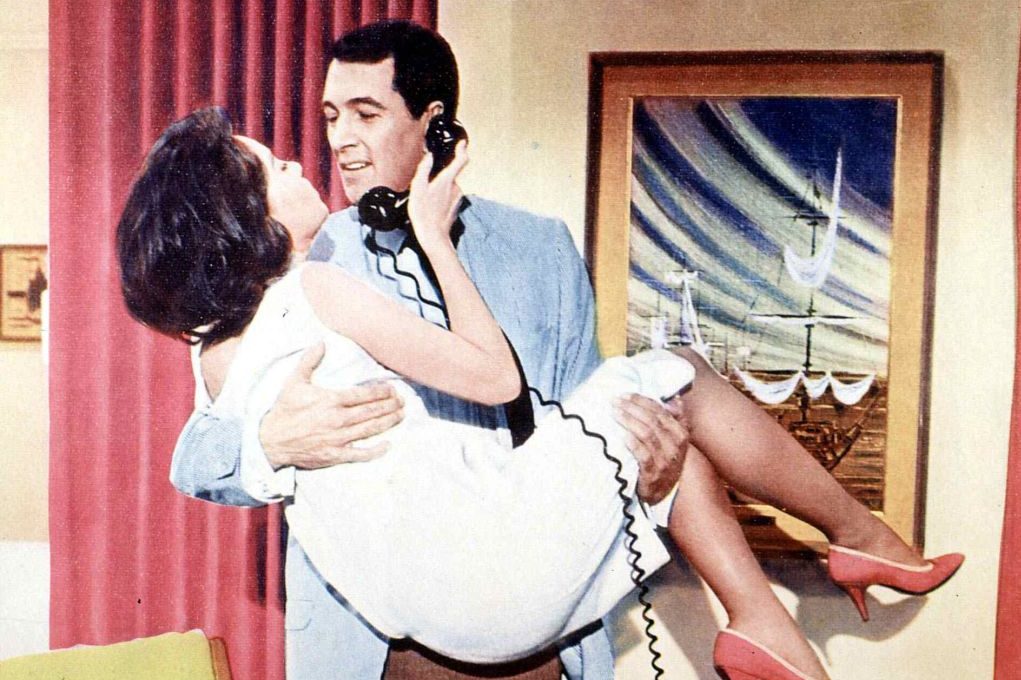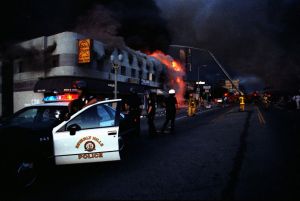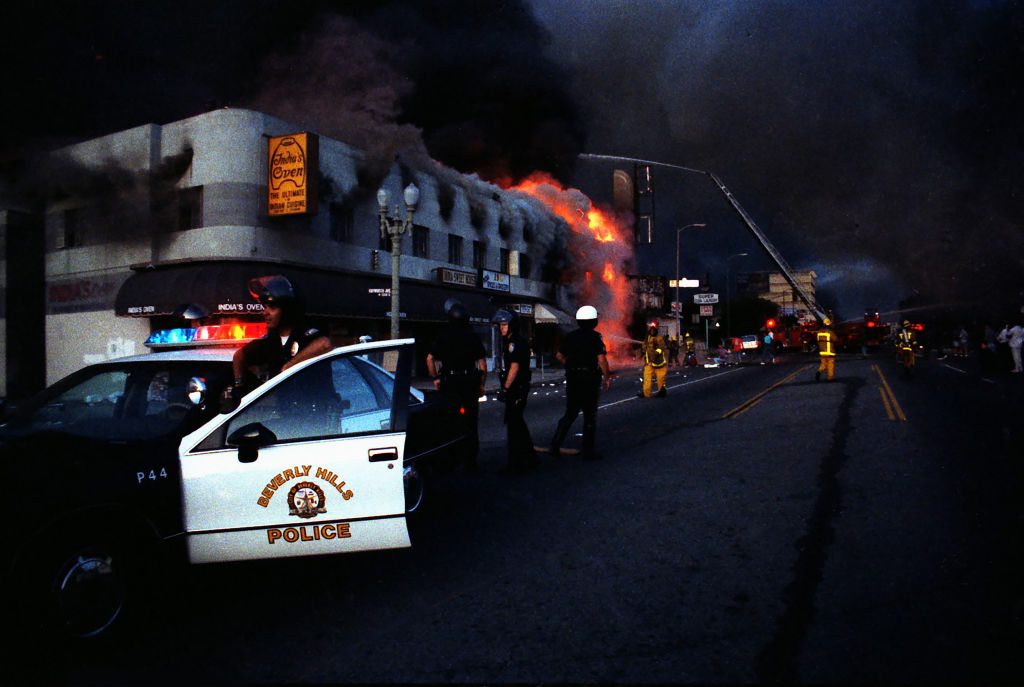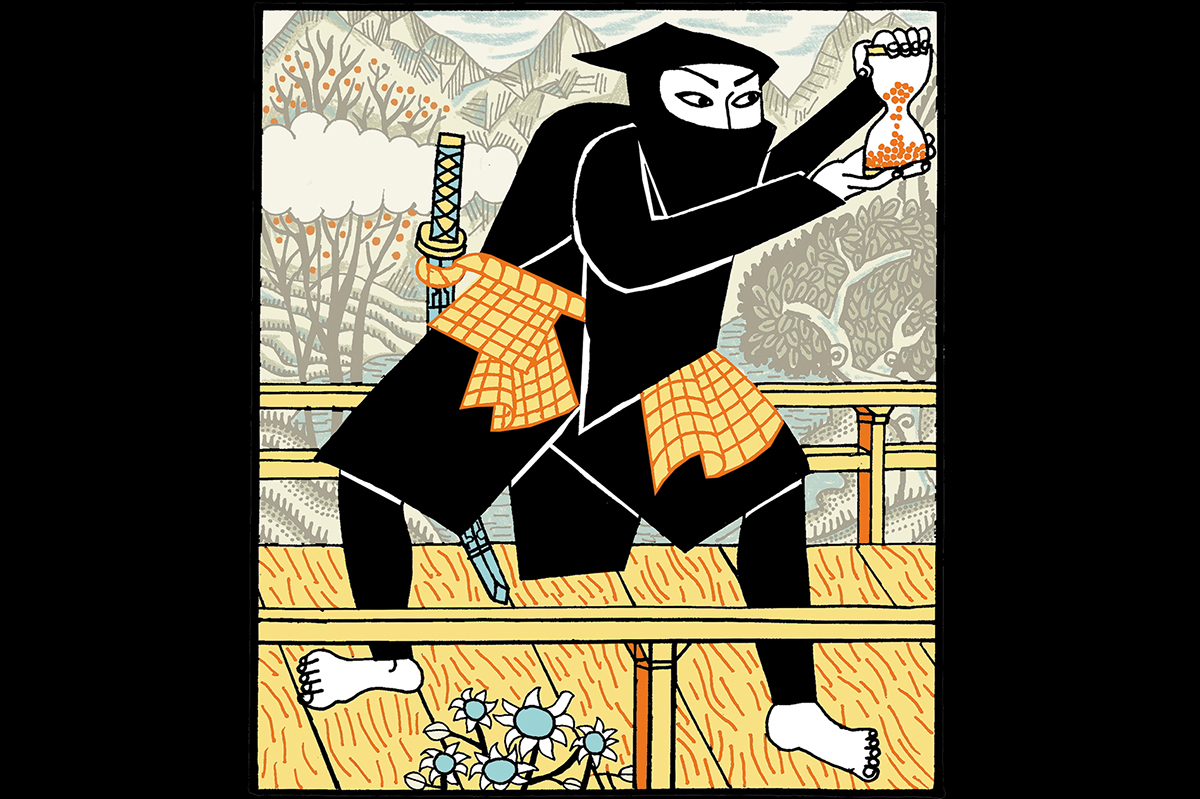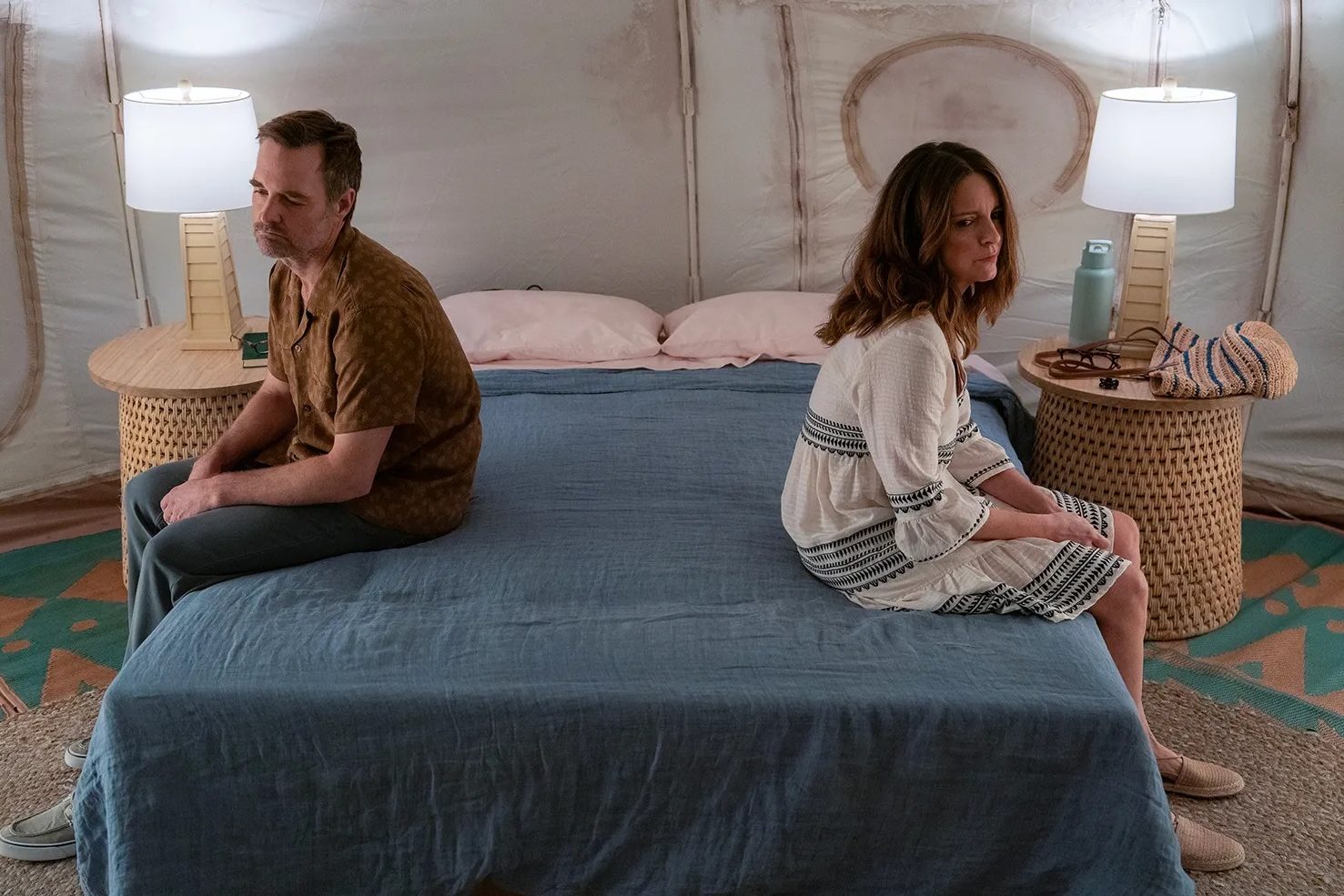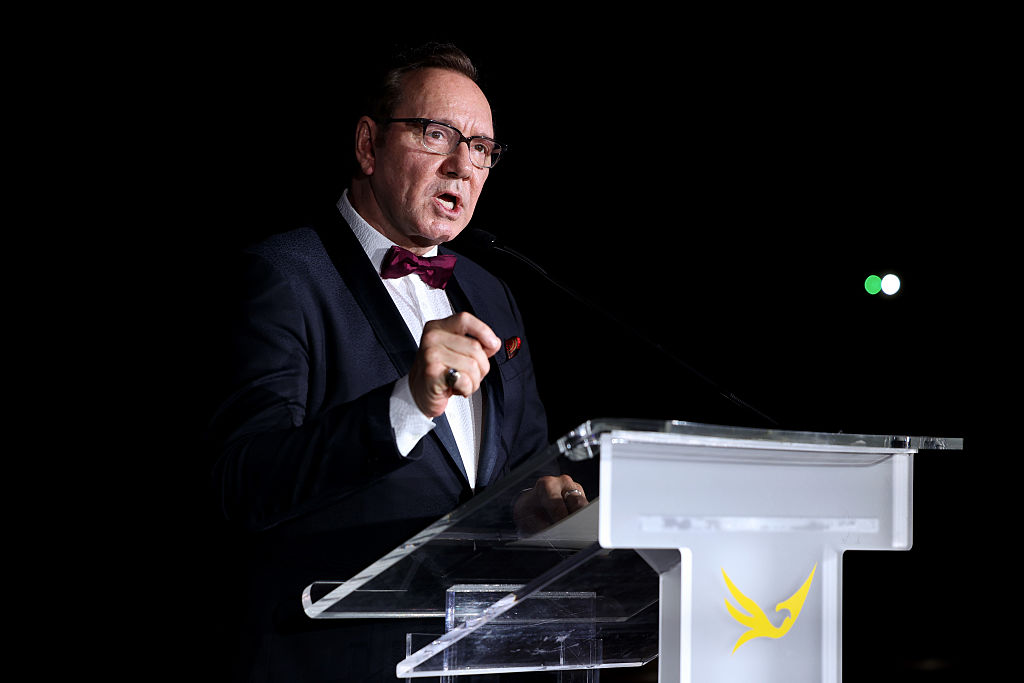There’s a quote often but falsely attributed to Oscar Wilde that reads: “Everything is about sex, except sex. Sex is about power.”
It’s universal truth, but the attribution to Wilde is not incidental. It’s a line that could only come from a gay man. Certainly, there are boudoir power dynamics between men and women, but they’re directed outward; at somebody whose attraction comes necessarily through their difference from yourself. But to love men, as a man, is a constant form of self-evaluation. As Daniel Mendelsohn best captured in The Elusive Embrace:
When men have sex with women, they fall into the woman. She is the thing that they desire, or sometimes fear, but in any event she is the end point, the place where they are going. She is the destination. It is gay men who, during sex, fall through their partners back into themselves, over and over again.
In fact, contrary to old thoughts about “sissies” and limp-wrists, those attracted to men often have a more complex and comprehensive understanding of masculinity than of their straight peers. As Bret Easton Ellis has remarked, gay men are overrepresented among the arts as, at the moment of sexual self-discovery, they become an actor. They become acutely aware that they’re not like other boys, so they study them and mimic them, in order to hide. To be in the closet is to love a form of masculinity you emulate as camouflage, that you flatten and simplify yourself into, and don as a mask.
Rock Hudson was perhaps the most famous mask of this type. The 6’5” ladies-man, Universal Studios superstar, Douglas Sirk’s leading man and Golden Age Hollywood’s most handsome hunk heartthrob, was but a lifelong performance, crafted by Hollywood super-agent Henry Wilson, and played by the adventurous, gentle, well-endowed, libidinous gay man, Roy Harold Fitzgerald. Hudson was the all-American boy; a star whose name was a portmanteau of Rock of Gibraltar and the Hudson River. Fitzgerald — a gay sailor from Winnetka, Illinois, whose father disregarded acting as a “sissy activity” — never liked that name.
The sparking tension between the man and his mask is the core of the new HBO elegiac yet gossipy documentary Rock Hudson: All That Heaven Allowed, and is what elevates documentary above a typical cradle-to-grave story. Along with the usual interviews and archival footage, director Stephen Kijak fills his picture with clips from Hudson’s greatest films; but they’ve been changed, cut from context or re-edited to express a homoerotic truth of Fitzgerald only teased at in the Hudson roles.
Revisiting these clips, you’re struck by how crippled his career was both by the closet, but also the heartthrob typecast. He was a sensitive, sophisticated actor, but by the time producers had realized that, he was a romantic idol, and audiences rejected his meatier roles, like the criminally underseen horror-thriller Seconds, which remains his greatest performance.
Some of the gay elements in the selected clips are not incidental. Rather, the (gay) producer Ross Hunter deliberately cast Hudson in Doris Day romantic comedies like Lover Come Back, Pillow Talk and Send Me Flowers as a straight romantic lead who was pretending to be gay, in order to woo Day. A talking head in the documentary paints this as a cruel joke; but with time, they allow Fitzgerald to reveal himself a little, and also just play to his romantic appeal. It wasn’t just his very masculine beauty, but in Sirk films like All That Heaven Allows, it was also his personal sensitivity, emotional empathy and outsider status that drove women of the era wild for him. Then, as now, gay men liked straight men, and straight women wanted gay men. The unattainable and novel always allures.
The relationship between gay men and Hollywood is somewhat oddly handled in the documentary. As Scotty Bowers best captured in his memoir, Full Service, there was just as much Champagne-splashed gay sex in 1940s Hollywood as there is today; and Fitzgerald’s lovers and friends convey a gay life that was necessarily hidden but anything but reserved. California pool parties of naked studs, where clothes were optional but discouraged, is hardly miserable. Hollywood was gay friendly. It was the rest of country, and world, that was intolerant. The same celluloid closet continues today, with stars choosing to hide their lifestyle for financial gain (China is still a big film market, after all). Similarly, the transactional sex between the agent Wilson and his to-be actor clients was understood by all parties, and advantageous to them too. That wasn’t Weinstein-esque abuse; that was just showbiz.
Hudson the star and Fitzgerald the man only meet in his death at fifty-nine years old, as the first famous person to die from AIDS. Speaking on my podcast, Arguably, journalist and historian James Kirchick noted that:
Up until that point, AIDS was a disease that was affecting homosexuals, hemophiliacs and also heroin users. All those people could kind of be forgotten and excluded and not really given any concern. And then, you had this matinee idol, this internationally renowned film star, and that woke people up.
He never wanted to be an activist or make his homosexuality known, and that’s in part why it was so moving, so important. It’s perhaps the last time a celebrity caused a real social change, because it wasn’t a finger from an out-of-touch millionaire, but a person they loved dying.
Fitzgerald, the person, is the one slightly overlooked area of Rock Hudson: All That Heaven Allowed. In their effort to separate the man from the persona — held apart by the intolerance of their age — they reduce Fitzgerald largely down to his sexuality and the impact of his death. His personality is given less attention than his identity, and it’s a shame, because hearing of his love of travel, his spontaneity, his boozy party hosting and so forth are the best parts. Similarly, one of the most interesting qualities of Fitzgerald is that he was a Goldwater Republican, but the film treats that as an odd quirk, emerging from his friendship with Nancy Reagan.
Overall, though, it’s a wonderful documentary; a beautiful portrait of Hudson the man, but also a helpful corrective for our collective memory of Golden Age Hollywood. Stars of this era are trapped in nostalgic ember, where everything is glamourous and modest, in black and white; and that image is only ever broken in an effort to horrify, be it with Day of the Locust or last year’s Blonde. This is the outlier, showing the saucy, cheerfully dirty side of showbiz and the fun that was had in the background.
It’s captured best in a photo of Hudson shown in the film. He’s behind the scenes of a production, in costume of a sound stage, looking stylish, classical and elegant. But the bulge in his trousers is anything but.



